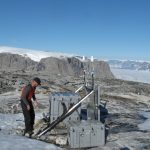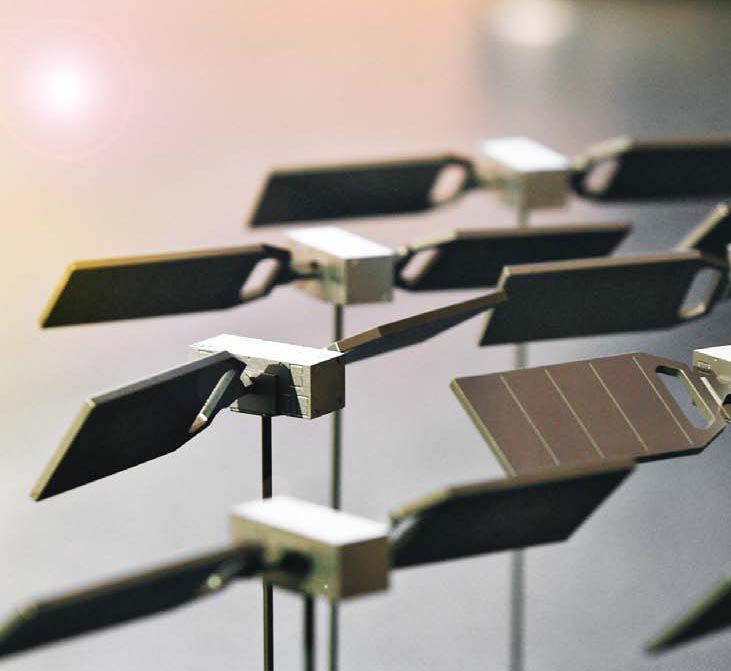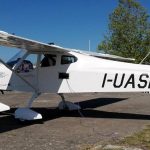
The GPS Reflections Group at the University of Colorado, Boulder, led by Dr. Kristine M. Larson, has received the Creativity Prize from the Council for the Prince Sultan Bin Abdulaziz International Prize for Water.
The council awarded the prize today (December 15, 2014) at a ceremony preceding the 6th International Conference on Water Resources and Arid Environments (ICWRAE 6) taking place this week in Riyadh, Saudi Arabia.
The GPS Reflections Group at the University of Colorado, Boulder, led by Dr. Kristine M. Larson, has received the Creativity Prize from the Council for the Prince Sultan Bin Abdulaziz International Prize for Water.
The council awarded the prize today (December 15, 2014) at a ceremony preceding the 6th International Conference on Water Resources and Arid Environments (ICWRAE 6) taking place this week in Riyadh, Saudi Arabia.
Larson and her colleagues — Dr. Eric E. Small (University of Colorado), Dr. Valery Zavorotny (NOAA) and Dr. John Braun (University Consortium for Atmospheric Research) — were selected for the prize based on their development of a new, unexpected, and cost-effective technique, GPS interferometric reflectometry (GPS-IR), to measure soil moisture, snow depth, and vegetation water content. Their innovation was described in a feature article in the July/August 2014 issue of Inside GNSS.
GPS-IR is based on the discovery that the “noise” (interference pattern) observed with ordinary GPS instruments correlates with the water content of the reflecting surface in the vicinity of the receiving antenna.
This method of measuring soil moisture complements the cosmic ray technique (COSMOS) of Dr. Marek Zreda and Dr. Darin Desilets, a work previously honored by the Prince Sultan Bin Abdulaziz International Prize for Water back in 2010. Whereas COSMOS provides soil moisture averages over a circular area of radius 300 meters to a depth of several decimeters, continuously operating GPS receivers provide greater granularity of results: estimates of soil moisture variations over areas with a radius 50 meters to a maximum depth of 6 centimeters, with greatest sensitivity to the upper 1 centimeter of soil depth at near saturation.
GPS-IR has the further advantage of relying on an existing GPS infrastructure installed by surveyors and geoscientists that covers an increasingly large portion of the global surface (including more than 12,000 continuously-operating GPS systems on and near a wide range of soil and vegetation types around the world). The ability to reliably measure and track snow depth is extremely important because on-site snow distribution data are sparse and remotely sensed data are imprecise as well as coarse-scale. The ability of GPS-IR to sense and track vegetation growth complements conventional remote sensing data that have limited temporal coverage and do not work well in the presence of clouds.
The GPS Reflections Group shared this year’s Creativity Prize with the team of Dr. Eric F Wood and Dr. Justin Sheffield, Princeton University, who developed a state-of-the-art system for accurately monitoring, modeling, and forecasting drought on regional, continental, and global scales.
Established in 2002, the Prince Sultan Bin Abdulaziz International Prize for Water (PSIPW) highlights the efforts that scientists, inventors, and organizations are making in water-related fields, and exceptional and innovative scientific work that contributes to the sustainable availability of potable water and the alleviation of water scarcity throughout the world.




